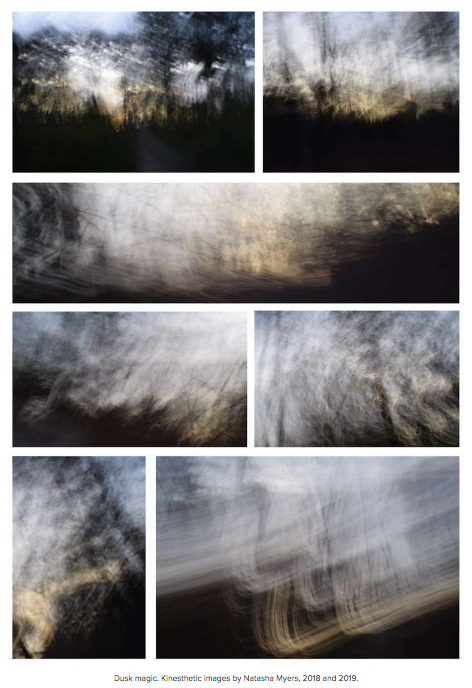The last panel in the Day 3 #SuperGroup begins in a few minutes!
Stay tuned #Distribute2020 and stick around for discussion in the #VirtualHallway.
Stay tuned #Distribute2020 and stick around for discussion in the #VirtualHallway.
https://twitter.com/culanth/status/1258941508322918400
Up first, @Janine_PSantos discusses telecommunications, digitalisation, hacking, and the maker movement in Togo. Then @NataliaBuier presents on high-speed rails in Spain in the 90s. @AlexandraOanca then takes a historical approach to trams in Brussels #Distribute2020 

Santos situates the Togolese imaginary of Lomé's digital future within its present economic, logistical ecosystem. But there is a lack of equitable justice in connectivity across the country. #Distribute2020
Santos traces acts of hacking as a democratizing movement in Lomé's maker movement. Including videos of examples of e-waste being repurposed and reclaimed. #Distribute2020
Now @NataliaBuier is presenting on capitalist environment-making in relation to infrastructure, asking: what kinds of processes of redistribution can we observe in high-speed rail? #Distribute2020
Buier notes that the railway is seen as a mode of political centralization, but also sees it as a project of inverse redistribution, with socialized costs funding extractive processes. #Distribute2020
Buier explains inverse redistribution, when read processually, emerge as processes of incorporation (connecting urban centers) and expulsion (reorganizing and disconnecting peripheral spaces) #Distribute2020
.@AlexandraOanca presenting on Trams 39 and 44 in Brussels. Traveling from a stop named after King Leopold, to a transit station named about British Field Marshall Montgomery, she traces histories of colonial and post-war Brussels. #Distribute2020
Tram infrastructure connected Leopoldian colonial centerpieces like the Museum of the Colonies & Parc Cinquantenaire to the city through beautiful tree-shaded paths, past mansions built from colonial wealth. Examples of the exclusive poetics of infrastructure. #Distribute2020 

Conversation from this and other supergroup panels now heading to the zoom virtual hallway! #Distribute2020
A street musician's music is piping through the zoom hallway via one of our wonderful panelists! Join us for discussion *and music!* #Distribute2020
As the narco-panel gets underway on the stream, post-supergroup panel discussion continues on zoom with a question of the meaning of charity for our panel on clothes, exchanges, and circulation #Distribute2020
The beauty of a supergroup discussion: @AndreaMuehleba1 notes monopoly of infrastructures and their hacking (from the last panel) and juxtaposes with local foodways (from the first panel) as hacking larger channels of food distribution. #Distribute2020
.@Janine_PSantos says digital infrastructure engagements are malleable, and hacking provokes a response rather quickly, which can feed into transformations of these infrastructures. @NataliaBuier reframes gov't discourse on infrastructure profitability as hacking #distribute2020
.@AlexandraOanca brings historical analysis forwards: trams' speed at the time was an advantage, and frequent ridership reifies that state monopoly. Erna McLeod notes that Cape Bretton's rural nature makes food access difficult, thus local options have emerged. #Distribute2020
In conversation, infrastructure panelist draws comparisons between the food stories panel and clothing panel: how do the redistributions of the food bus and second-hand clothes speak to the idea of second-hand citizenship? #Distribute2020
(And here's a citation! anthrosource.onlinelibrary.wiley.com/doi/abs/10.111… - great point from @AlexandraOanca ) #Distribute2020
Q of inequities of basic vs. digital infrastructures—@Janine_PSantos notes the layers of development. @GabrielDattatre links e-waste, waste, and citizenship, asking about the potentials of bricolage. Santos centers engaging w/ waste as a form of citizenship. #Distribute2020
Another citation: tandfonline.com/doi/abs/10.108… #Distribute2020
• • •
Missing some Tweet in this thread? You can try to
force a refresh








